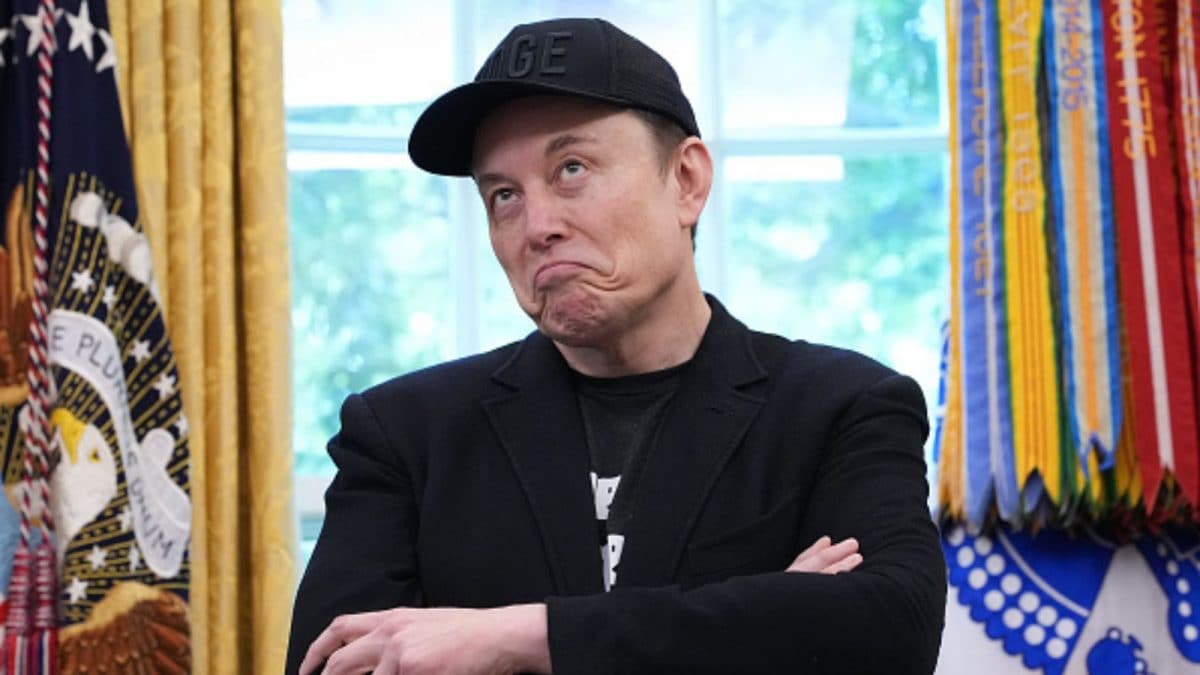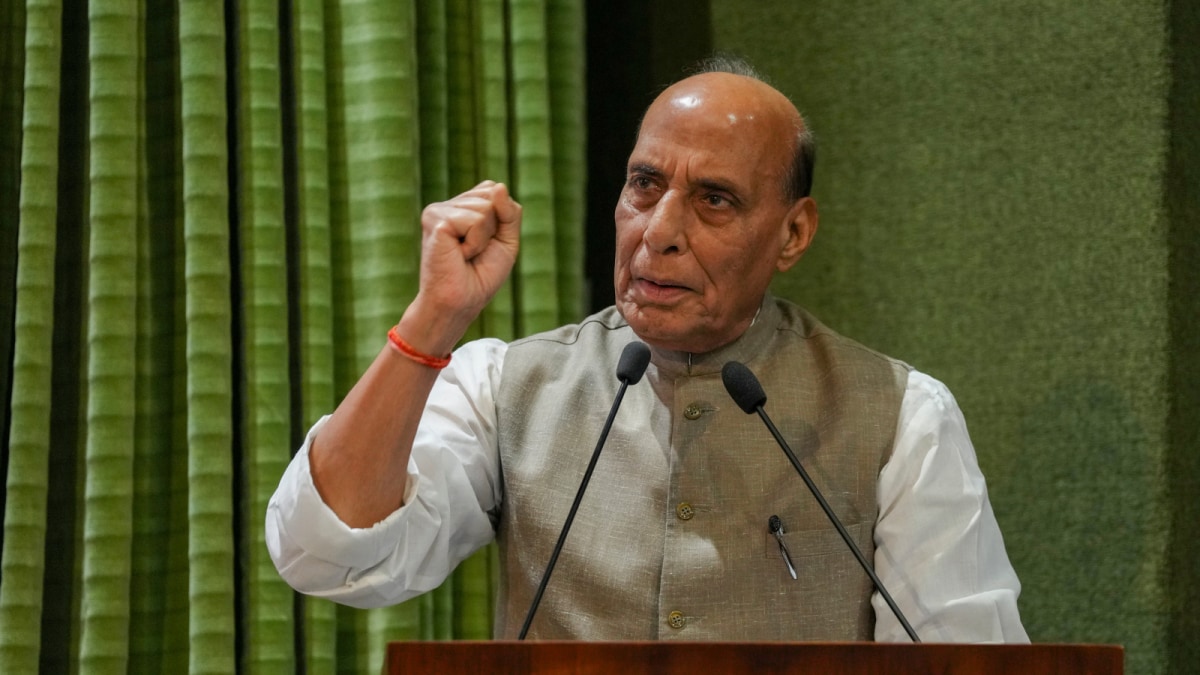ARTICLE AD BOX
Amit Shah criticised the Congress for allegedly trapping him in a fabricated case, saying his resignation before arrest and subsequent acquittal illustrated the moral accountability the new bills aim to enforce.

Amit Shah in Lok Sabha on Wednesday
Union Home Minister Amit Shah on Wednesday invoked his own arrest in the 2010 Sohrabuddin Sheikh fake encounter case to defend the Narendra Modi government's move to introduce constitutional amendment bills that would prevent leaders from holding key offices such as Prime Minister, Chief Minister, or Union and State Ministers while in jail.
Shah criticised the Congress for allegedly trapping him in a fabricated case, saying his resignation before arrest and subsequent acquittal illustrated the moral accountability the new bills aim to enforce.
In a detailed post on X, Shah described the reforms as a "moral corrective" aimed at reversing what he described as a decline in ethical standards in Indian politics.
In his post, he wrote, "Now the people of the country need to decide: Is it right for a minister, chief minister, or prime minister to run a government from jail?"
He explained that the bills are designed to ensure that individuals facing arrest or detention cannot continue running governments from behind bars.
He also emphasised that the framers of the Constitution could not have foreseen a situation where leaders would refuse to resign even after being arrested, calling recent instances of jailed chief ministers continuing to exercise power "shocking and morally indefensible".
Shah laid out the key provisions of the legislation, highlighting that no person under arrest can function as Prime Minister, Chief Minister, or Minister in the Union or State Government.
Accused politicians must secure bail within 30 days of arrest, failing which they automatically lose office, although they can be reinstated once granted bail through due legal process.
"When the Constitution was framed, its makers could not have imagined that in the future, political leaders would refuse to resign on moral grounds even after being arrested," Shah wrote, explaining the moral imperative behind the reforms.
The Home Minister also positioned Prime Minister Narendra Modi's decision as one of accountability, noting that the Modi government was voluntarily bringing its leaders under the ambit of law.
He contrasted this with the Congress-led Opposition, which he accused of resisting reforms to "cling to power" and protect leaders accused of corruption.
Shah further invoked the controversial 39th Constitutional Amendment introduced under then-Prime Minister Indira Gandhi, which insulated the PM's office from judicial scrutiny, saying, "While the Congress's work culture and policy have been to place the prime minister above the law, the BJP's policy is to bring our own prime minister, ministers, and chief ministers under the ambit of law."
Addressing personal attacks by Congress MP KC Venugopal over his arrest in the Sohrabuddin Sheikh fake encounter case, Shah said, "I had resigned even before being arrested. I did not hold any constitutional position until the court fully acquitted me. The fake case against me was dismissed by the court with clear observation that it was motivated by political vendetta."
He drew attention to the BJP's tradition of moral accountability, citing Lal Krishna Advani resigning over mere allegations, and criticised the Congress for continuing the unethical practices started under Indira Gandhi.
He also recalled the Congress's past attempts to shield leaders such as Lalu Prasad Yadav, highlighting what he called the Opposition's double standards in recent political appearances.
Amit Shah formally tabled the Constitution (130th Amendment) Bill, the Government of Union Territories (Amendment) Bill, and the Jammu and Kashmir Reorganisation (Amendment) Bill on Wednesday.
The introduction of the bills sparked a massive uproar, with opposition MPs raising slogans and tearing copies of the legislation. Congress leader KC Venugopal confronted Shah, saying, "When Amit Shah was the Home Minister of Gujarat, he was arrested. Did he uphold morality then?"
Shah responded firmly, reiterating that he had resigned before his arrest and did not hold any constitutional post until fully acquitted. In 2014, a special CBI court cleared Shah of all charges, citing lack of evidence.
The opposition criticised the legislation as "draconian", arguing it could be misused to destabilise states ruled by non-NDA parties. AIMIM chief Asaduddin Owaisi likened the move to Hitler's Gestapo, calling it a "death knell" for elected governments, while Congress leader Manish Tewari said the bills could open floodgates for political misuse and undermine the Constitution's basic structure.
The government, however, insisted the bills were aimed at preventing ministers from clinging to office while facing serious criminal charges.
Under the draft laws, any Prime Minister, Chief Minister, or minister arrested for offences carrying a punishment of five years or more would automatically lose office if held in custody for 30 consecutive days, though they could be reinstated upon release.
The move comes against the backdrop of controversies in which leaders such as former Delhi Chief Minister Arvind Kejriwal and Tamil Nadu minister V Senthil Balaji continued to hold office despite being in jail.
- Ends
Published By:
Nakul Ahuja
Published On:
Aug 21, 2025
Tune In



.png)
.png)
.png)
















 1 day ago
7
1 day ago
7










 English (US) ·
English (US) ·